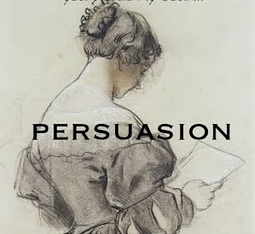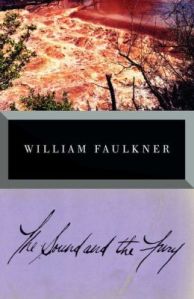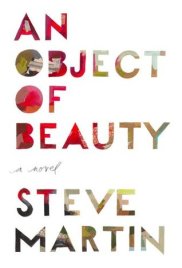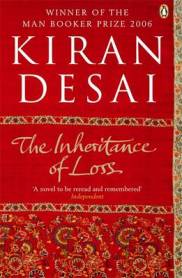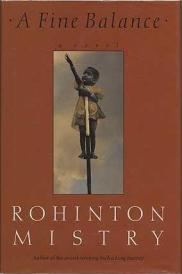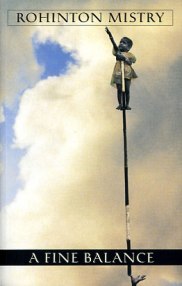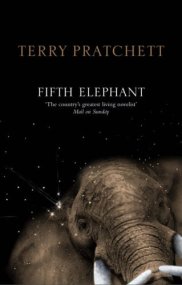It’s normal to listen to some music while reading. Something in the background, drowning out ambient noise.
I found a few years ago that just “listening to music” isn’t a good policy while reading. Music can distract from the story, even detract from it. It can draw the reader out of the book.
But if music can draw a reader out of a book, then it can also draw me in.
Since then, I’ve been very careful about matching music to my novels. I’ve got playlists for certain authors and genres, sometimes even for individual novels. I wander around international radio stations for some good culturally-matched novels.
What happens when music is matched to a novel is magic. The emotions that were once understated are cutting in their subtle beauty. Climaxes that were once exciting can be explosive with some rock music. Middle Eastern epics can come alive with classical Farsi lyrics playing in the background.
There’s nothing like it.
